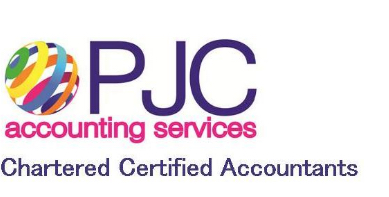Claim Entrepreneurs’ Relief
Entrepreneurs’ relief provides relief against capital gains tax on qualifying gains made by an individual on the disposal of all or part of the business, the assets in the business after it has stopped trading and shares in a personal trading company. HMRC Helpsheet 275 has more details on the relief. Gains that qualify for entrepreneurs’ relief are taxed at 10% up to the maximum lifetime limit. Since 6 April 2011 the lifetime limit has been £10m.
Example:
John has operated as a sole trader for many years and wishes to retire. The business ceases on 31 December 2014 and he disposes of assets used in the business on 28 August 2015, realising a gain of £60,000. He has other gains in the year which utilise his annual exemption and is a higher rate taxpayer. He meets the conditions for entrepreneurs’ relief. The gain is taxed at 10% generating a capital gains tax bill of £6,000. Had he not met the conditions for entrepreneurs’ relief, he would have had to pay capital gains tax of £16,800 on the gain (£60,000 @ 28%).
Claiming entrepreneurs’ relief saves tax of £10,800!
Obtain Immediate Relief for Capital Expenditure
Businesses can claim immediate relief for capital expenditure on most items of plant and machinery by means of the annual investment allowance (AIA). Capital expenditure up to the AIA limit qualifies for a 100% deduction against profits. The AIA limit is £500,000 from 1 April 2014 for corporation tax purposes and 6 April 2014 for income tax purposes until 31 December 2015. From 1 January 2016 it is £200,000.
Transitional rules apply where an accounting period spans 1 January 2016. Once the AIA has been used up relief is given by means of the writing down allowance. The AIA is not compulsory. Writing down allowances can be claimed instead. The AIA cannot be claimed in respect of cars. However, a first-year allowance is available in respect of low emission cars.
Example:
Luca spends £5,000 on computers, printers and other office equipment for his business. He claims the AIA and obtains immediate relief for his expenditure.
Don’t Be Tempted To Deduct Personal Items
There is something of a myth that if you have your own business you can ‘put’ expenses through the business (and if the business is VAT registered, reclaim the input tax). This is very dangerous. Not only does it create extra work as these items need to be disallowed in the accounts, further, if they are left in as deductions, it may trigger enquiries into the accounts and possibly an investigation. Only expenses that relate wholly and exclusively to the business are allowable as a deduction against profits. Under no circumstances should private expenditure be treated as a business expense. The temptation to put private expenses through the business should be resisted at all costs. (from Tax Insider)
The Taxman’s more relaxed approach to vans
The annual taxable benefit-in-kind (BiK) for private use of a van is currently fixed at £3,000, irrespective of value and CO2 emissions. And, unlike a car, driving to and from your place of work won’t usually count as private mileage. If private travel is insignificant and it’s used mainly for work, the BiK is reduced to zero.
A Tax Free Perk
If you receive a gift of entertainment, e.g. tickets to a sporting event, from a third party, such as supplier or customer, you won’t have to pay tax on this, although some conditions apply. This tax break extends to your family and friends so if you’re lucky enough to receive more than one ticket, they can come along too.
